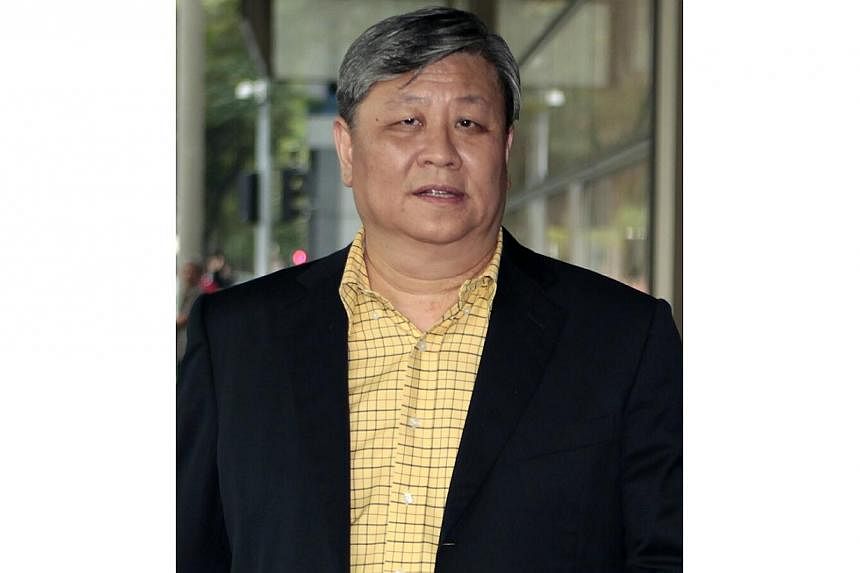SINGAPORE - The Ministry of Defence (Mindef) yesterday hit back at claims that it stole the idea for a mobile first-aid vehicle from a Singapore start-up and infringed the firm's patent. It added that it took the allegations very seriously and will refer the matter to the Attorney-General's Chambers (AGC).
In a lengthy post on its Cyberpioneer Facebook page, Mindef said it could not have infringed the patent for the vehicle since it was not valid in the first place. It pointed out that in January last year, a court had declared the patent invalid and revoked it.
This was after MobileStats Technologies abandoned its defence to Mindef's counterclaim that the patent was invalid.
Mindef said yesterday: "Just as there are many smartphone designs and manufacturers who do not infringe each other's patents, there are also many ways to design and produce military equipment." It added: "We are disappointed that the owner of MobileStats has disrespected the court's decision, and continues to make false and unsubstantiated accusations against Mindef."
Last week, MobileStats co-founder Ting Choon Meng alleged in a report on The Online Citizen website that Mindef had illegally copied his patented concept after speaking to him about it at a trade fair in 2005.
He and Dr Mak Koon Hou had started work on their mobile medical station after the Sept 11, 2001 terrorist attacks in the United States. Their vehicle is essentially a truck that opens up to become a resuscitation area with surgical equipment, a built-in suction system for removing blood, fluids and debris, and emergency life-saving devices. They named it a "Station With Immediate First-Aid Treatment", or Swift.
The duo obtained local and international patents in 2005.
Dr Ting said that while the Singapore Civil Defence Force had respected the patent when it called for a tender in 2006 to manufacture the Swift vehicle, Mindef did not in its 2009 tender. He said he found out about Mindef's vehicle only when it was exhibited at the 2011 National Day Parade.
Dr Ting and his partners decided to sue Mindef instead of Syntech Engineers, which manufactured and supplied the vehicles. He said he was forced to drop the case last January, claiming that the legal costs were too high.
In its rebuttal yesterday, Mindef said it was the court that had decided MobileStats should reimburse Mindef $580,000 in legal fees. "The money will go to Syntech, the vendor, which honoured its legal obligation to Mindef and bore the cost of the legal proceedings," it said.
If MobileStats believes it has a valid case, it should pursue the matter with the manufacturer, Syntech, not the end-user. Mindef said: "Imagine if Apple sued Samsung handphone users - instead of Samsung Electronics - for allegedly infringing Apple's Intellectual Property rights."
Dr Ting posted a reply on Mindef's Cyberpioneer Facebook page, saying this was a poor argument as even a person who buys a pirated DVD is also liable. He also told The Straits Times that if the AGC decides to act, "we will have to defend ourselves".

